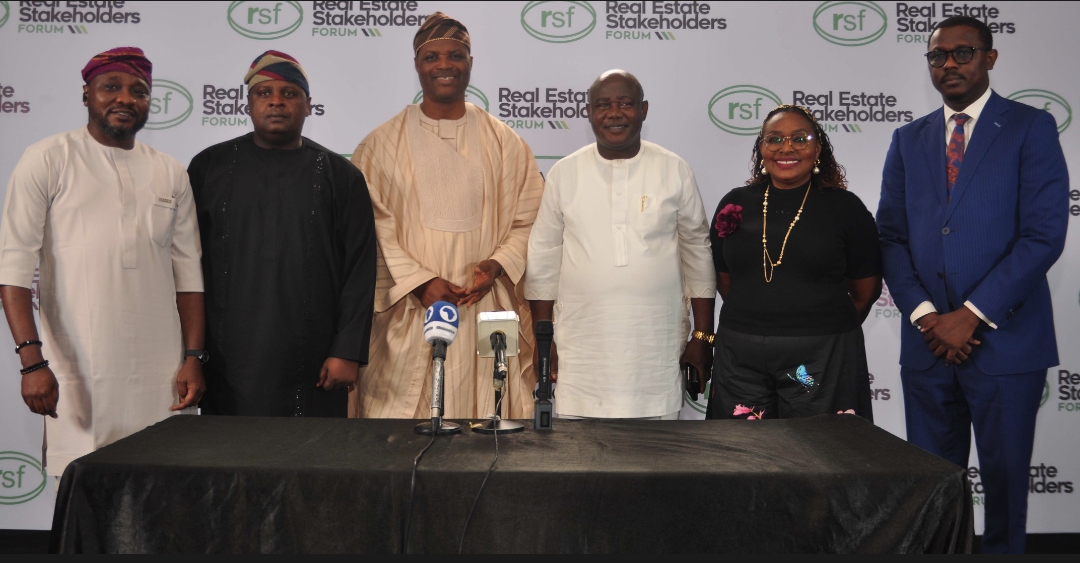The inaugural Real Estate Stakeholders’ Forum, 2025, took place on Tuesday, September 16, at Harbour Point, Victoria Island, bringing together more than 1,000 participants, including developers, investors, policymakers, financiers, and allied professionals.
The forum provided a platform for frank discussions on the persistent challenges facing Nigeria’s real estate industry, with speakers urging stakeholders to take decisive action to reposition the sector.
The event featured keynote addresses, panel sessions, and fireside conversations, all centered on critical issues such as affordable housing, land reforms, modular construction, and funding gaps.
One of the key highlights of the gathering was the collective decision to mandate the Real Estate Developers Association of Nigeria (REDAN) to present a unified communiqué to the government. The document, developed through broad consensus, sets out demands for accelerated housing reform, streamlined land titling, reduced multiple taxation, and expanded investment opportunities to support sustainable urban development.
In his remarks, Barrister Festus Adebayo stressed the urgency of addressing affordability. “The critical problem facing us today is housing affordability,” he said, adding that professionalizing real estate practice is vital for progress.
Professor Timothy Nubi, Director of the Centre for Housing and Sustainable Development at the University of Lagos, underscored the importance of collaboration. “Partnership between government and real estate developers is essential to unlock Lagos’ full potential. No player can succeed in isolation,” he said.
By adopting REDAN to lead post-forum engagement, participants expressed confidence in the association’s capacity to push the communiqué through the appropriate policy channels. A further resolution was reached to produce a Policy Advisory Document, offering technical insights and practical recommendations to guide Lagos State’s urban planning agenda, with broader implications for housing reform nationwide.
The forum closed on a note of optimism, with stakeholders committing to foster a more inclusive, innovative, and investment-friendly real estate ecosystem in Nigeria.




